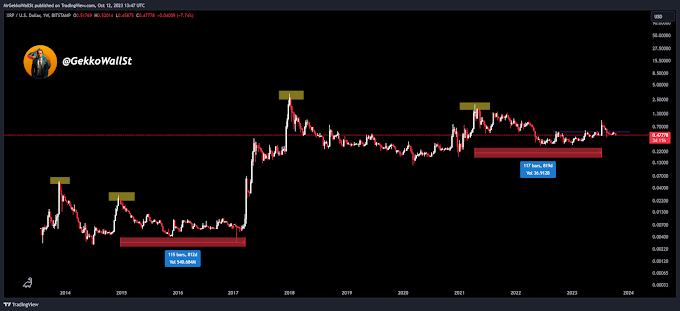Legal and regulatory aspects surrounding cryptocurrencies vary significantly from country to country and are constantly evolving. We will provide an overview of key themes and considerations that many countries have been addressing regarding cryptocurrencies.
1. Legal Classification: The first consideration is how cryptocurrencies are legally classified. Some countries treat them as currencies, while others consider them commodities, digital assets, or something entirely different.
2. Licensing and Exchange Regulation: Many countries require cryptocurrency exchange platforms to register and obtain licenses to operate. This is done to ensure user safety, prevent money laundering, and combat illegal activities.
3. Anti-Money Laundering (AML) and Know Your Customer (KYC) Compliance: Many jurisdictions demand that exchanges implement rigorous AML and KYC practices to identify their customers and monitor suspicious transactions.
4. Taxation: Taxation of cryptocurrency transactions and gains is a crucial point. Some countries treat transactions as tax-exempt, while others consider them taxable capital gains.
5. Initial Coin Offerings (ICOs): Many countries are examining ICO regulations, which involve raising funds through the issuance of new cryptocurrencies. Some require registration and detailed disclosure, while others have banned them due to fraud concerns.
6. Security and Consumer Protection: Regulations aimed at transaction security and consumer protection are also being developed in many places.
7. Blockchain and Underlying Technology: Some countries are taking a more proactive approach to blockchain technology, encouraging its research and development for legitimate use cases.
8. Bans and Restrictions: Some countries have outright banned the use of cryptocurrencies, while others have imposed severe trading and usage restrictions.
9. Internationalization of Regulations: As cryptocurrencies are transnational by nature, there's a debate about international harmonization of regulations to prevent regulatory evasion.
10. Innovation and Regulatory Sandboxes: Some countries are adopting innovative approaches, such as regulatory sandboxes, to allow new companies and technologies to experiment under limited regulatory oversight.
Remember that this information might be outdated and regulatory situations vary from country to country. If you're seeking up-to-date and jurisdiction-specific information, it's recommended to consult governmental sources, regulatory bodies, and legal professionals specialized in cryptocurrencies and blockchain.





